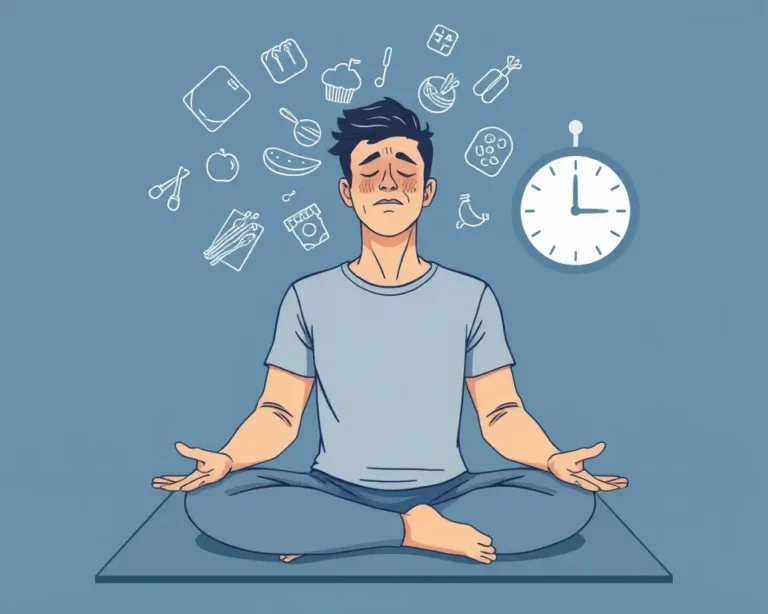Nikhil Kamath, prominent Indian entrepreneur and co-founder of Zerodha, recently shared insights into his unconventional diet and fitness routine, highlighting his struggles with sleep and a late first meal at 2 pm. This revelation has sparked interest in his approach to health and wellness, contrasting with conventional wisdom.
Nikhil Kamath’s Diet: A 2 PM Start
Kamath’s dietary habits deviate significantly from the norm.
- Intermittent Fasting: Kamath’s eating schedule aligns with intermittent fasting principles, where he consumes his first meal around 2 PM. This approach involves cycling between periods of eating and voluntary fasting on a regular schedule.
- Delayed Breakfast: Delaying the first meal until the afternoon is unusual. Most nutritionists recommend eating breakfast within a few hours of waking to kickstart the metabolism and provide energy for the day.
- Potential Benefits: Some studies suggest intermittent fasting can aid in weight loss, improve insulin sensitivity, and promote cellular repair. However, its suitability varies from person to person.
Fitness Routine: Prioritizing Consistency
While his diet may seem unconventional, Kamath emphasizes consistency in his fitness routine.
- Regular Exercise: He maintains a regular workout schedule. Although details of his specific exercises are not outlined, the focus on consistency is a key aspect.
- Varied Activities: Incorporating a variety of activities can prevent boredom and work different muscle groups. This could include weight training, cardio, yoga, or sports.
- Importance of Movement: Kamath likely recognizes the importance of regular physical activity for overall health, including cardiovascular health, strength, and mental well-being.
Sleep Struggles: A Common Challenge
Kamath openly discusses his difficulties with sleep, a common issue among many high-achievers.
- Impact on Health: Sleep deprivation can have significant negative effects on both physical and mental health, affecting mood, cognitive function, and immune system.
- Potential Causes: Factors contributing to sleep problems include stress, irregular sleep schedules, and underlying medical conditions.
- Possible Solutions: Kamath may be exploring various strategies to improve his sleep, such as establishing a relaxing bedtime routine, optimizing his sleep environment, and seeking professional help if necessary.
Expert Perspectives on Kamath’s Routine
Experts weigh in on the potential benefits and drawbacks of Kamath’s unique approach.
- Nutritionist Views: Nutritionists may have mixed opinions on his delayed first meal, emphasizing the importance of individual needs and potential downsides like increased hunger and decreased energy levels in the morning.
- Fitness Trainer Insights: Fitness trainers would likely commend his consistency in exercise but might recommend specific workout plans tailored to his goals and body type.
- Sleep Specialist Advice: Sleep specialists would stress the significance of addressing his sleep struggles and offer evidence-based strategies for improving sleep quality and duration.
Potential Benefits of Intermittent Fasting
Intermittent fasting, as reflected in Kamath’s diet, has garnered attention for potential health benefits.
- Weight Management: Restricting the eating window can lead to reduced calorie intake and subsequent weight loss.
- Improved Insulin Sensitivity: Studies suggest intermittent fasting may enhance insulin sensitivity, which can be beneficial for individuals at risk of type 2 diabetes.
- Cellular Repair: During fasting periods, the body initiates cellular repair processes, such as autophagy, which removes damaged cells.
Considerations for Sleep Improvement
Addressing sleep struggles, as Kamath admits, requires a comprehensive approach.
- Establishing a Routine: Maintaining a consistent sleep schedule, even on weekends, can help regulate the body’s natural sleep-wake cycle.
- Optimizing Sleep Environment: Creating a dark, quiet, and cool sleep environment promotes better sleep quality.
- Stress Management: Practicing relaxation techniques, such as meditation or deep breathing exercises, can reduce stress and improve sleep.
- Professional Help: If sleep problems persist, seeking guidance from a sleep specialist is recommended to rule out underlying medical conditions and receive appropriate treatment.







